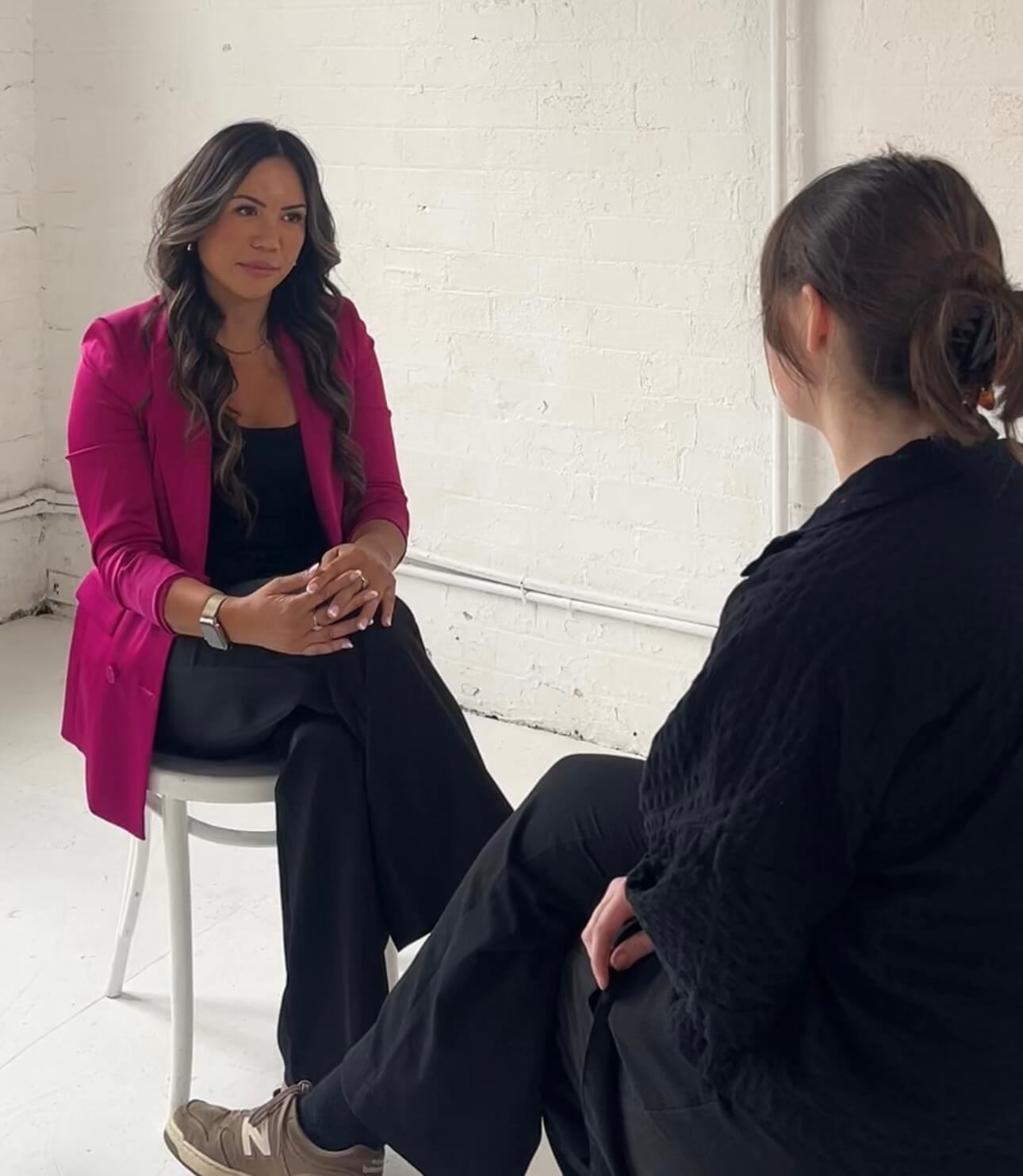
Bullying, a distressing yet common issue in schools, differs significantly between boys and girls. As a counsellor specialising in supporting teenage girls, understanding these differences is key in offering meaningful guidance to parents seeking to protect and empower their daughters.
Understanding the Dynamics of Bullying
The nature of bullying differs between genders. Boys are typically more overt and physical, establishing dominance directly through actions like teasing or physical aggression. They focus on obvious power dynamics, making it clear who holds the upper hand.
Conversely, girls often employ relational aggression, a subtler but equally harmful form that manipulates social ties and group inclusion. This can include spreading rumours, ostracising peers, or pretending to befriend someone only to use the information against them. Such indirect aggression is challenging to detect, as it works through forging alliances and exclusion rather than direct confrontations.
Impacts and Consequences
The toll of bullying is profound, affecting every facet of a young person’s life. From mental and physical health to academic performance and self-esteem, the scars from bullying can last a lifetime. Studies have shown that children bullied at a young age can experience emotional consequences well into adulthood, with long-term effects on memory, stress response, and general well-being.
Particularly concerning is the impact on the brain’s development. Bullying can lead to increased cortisol production, which over time, alters brain function and impairs memory. This biological response underscores the importance of addressing bullying promptly and effectively.
How Parents Can Help
- Foster Open Communication: Encourage honest conversations with your daughter about her experiences and feelings. Listening without judgment creates a safe space for her to express concerns.
- Educate on Online Safety: With much of relational aggression extending online, teaching your daughter about maintaining privacy and setting boundaries on social media is vital.
- Promote Emotional Intelligence: Help your daughter develop skills to manage emotions and understand relational dynamics, empowering her to navigate social challenges confidently.
- Advocate for School Supervision: Schools significantly reduce bullying by investing in adult supervision during breaks and in areas prone to bullying, such as hallways and playgrounds.
- Seek Professional Support: When bullying impacts your child’s mental health, professional counselling can provide additional support and coping strategies.
Conclusion
Bullying is a complex issue, but by understanding its dynamics and impacts, parents can play a pivotal role in supporting their daughters. It’s about cultivating resilience, fostering strong communication, and promoting inclusivity, both online and offline.
Parents can help their children navigate these difficult situations by staying informed and proactive, ensuring they thrive emotionally and socially.
Are you concerned about bullying affecting your teen? Contact us to learn more about our specialised counselling services designed to support both teens and their families. Let’s work together to create a safer environment for our daughters where they can grow and succeed.

Take the First Step Toward a Brighter Tomorrow
Ready to make positive changes in your life or support your child’s mental health journey? Contact Jackie Lou Humphries today and start the conversation.

